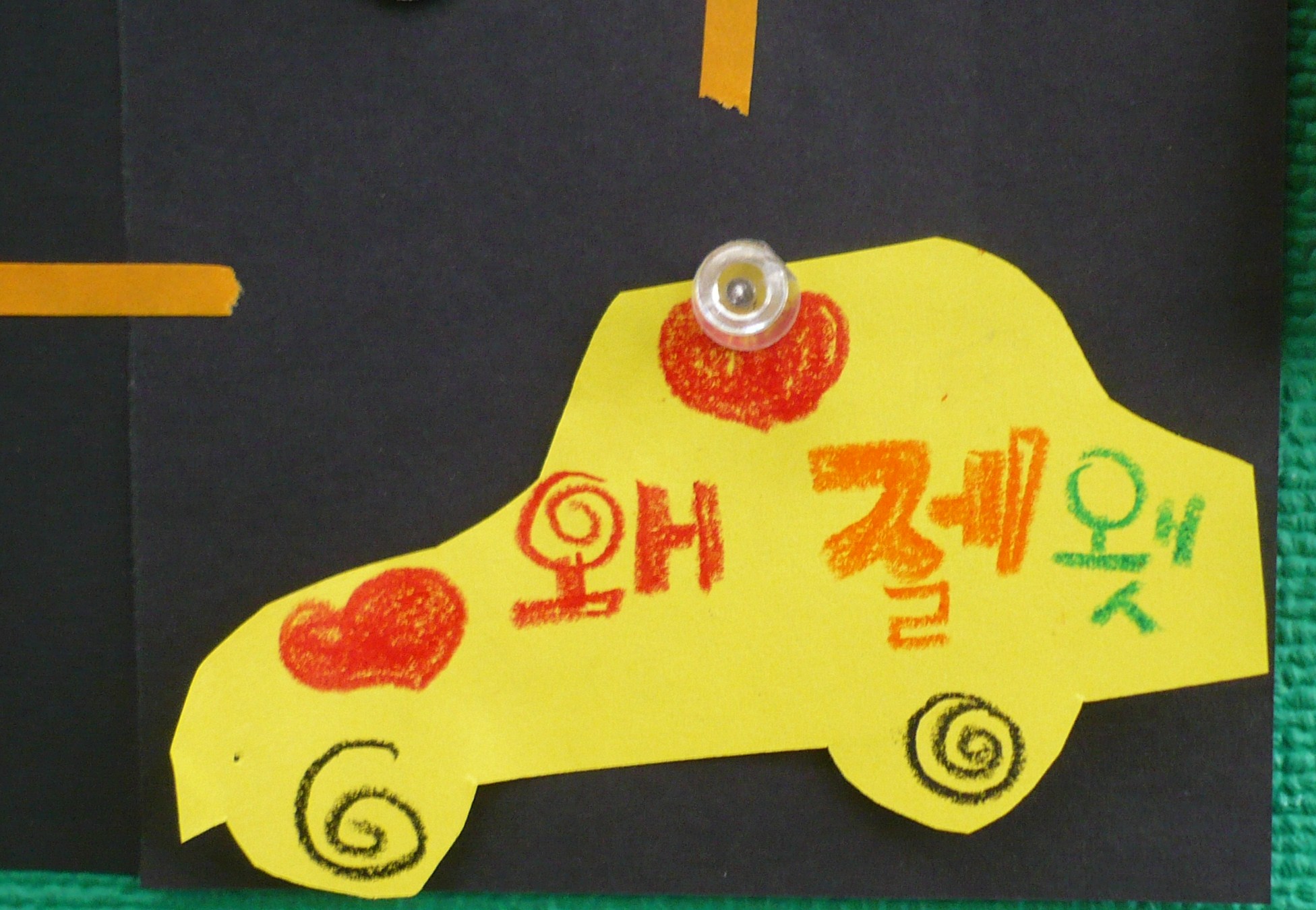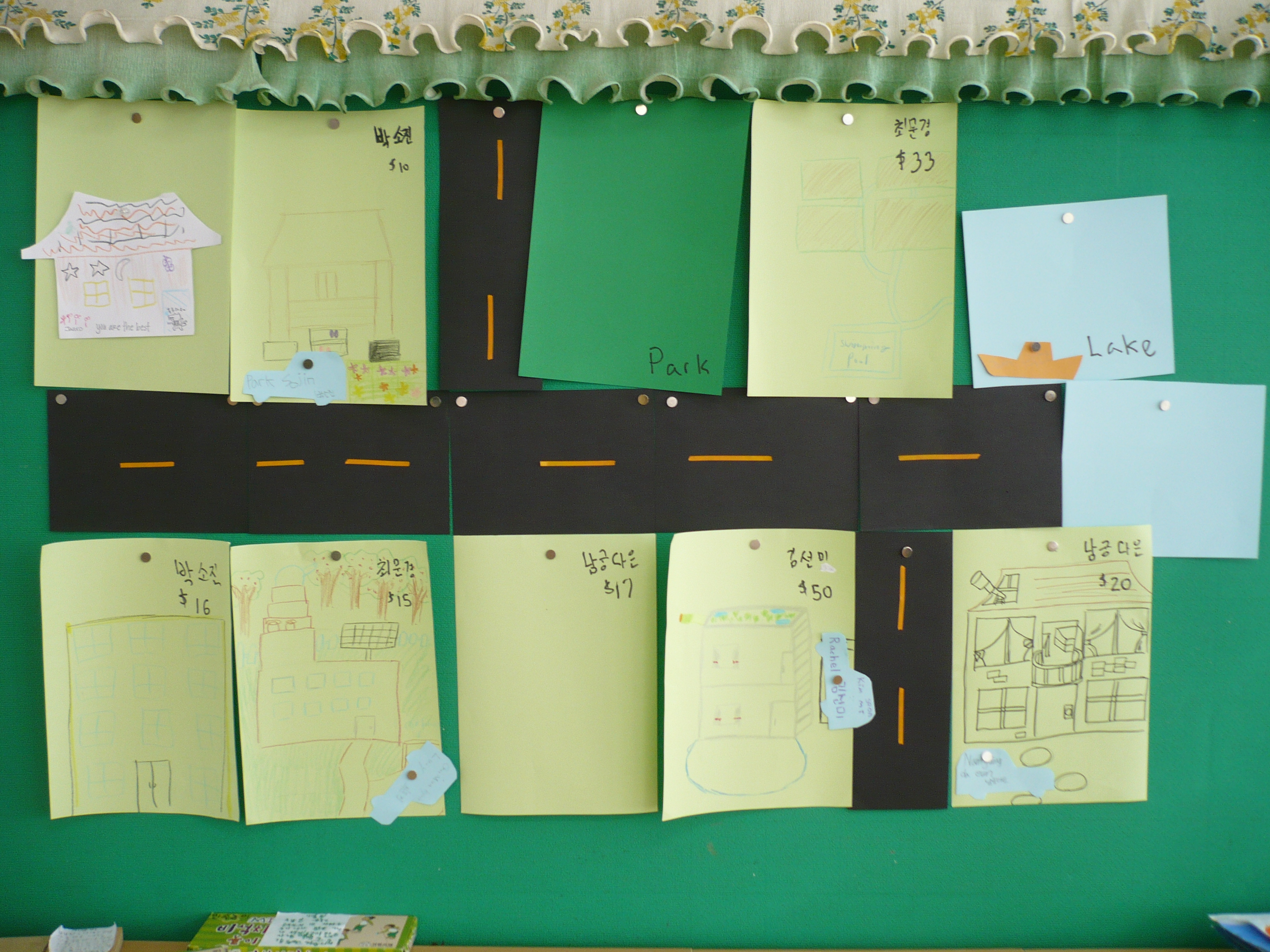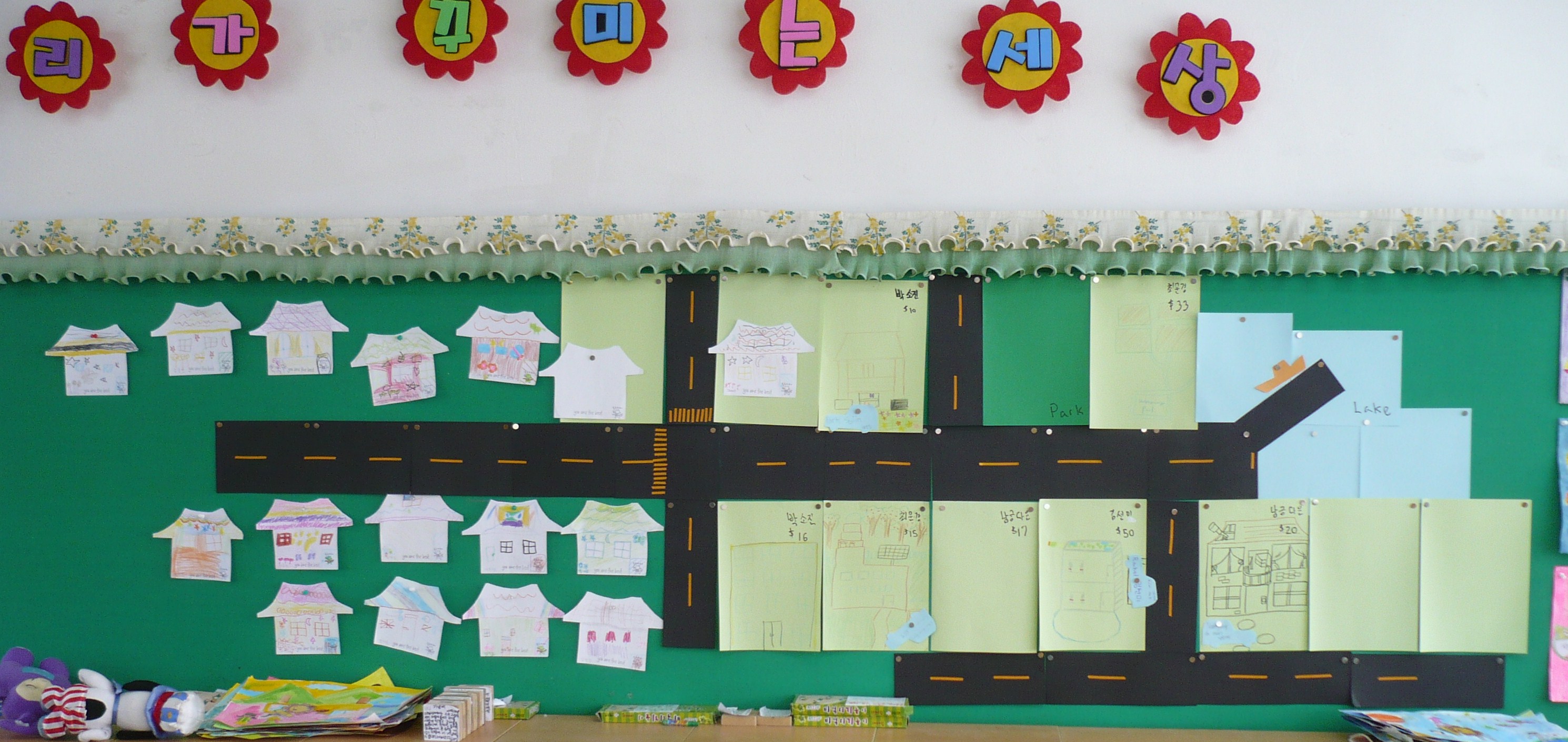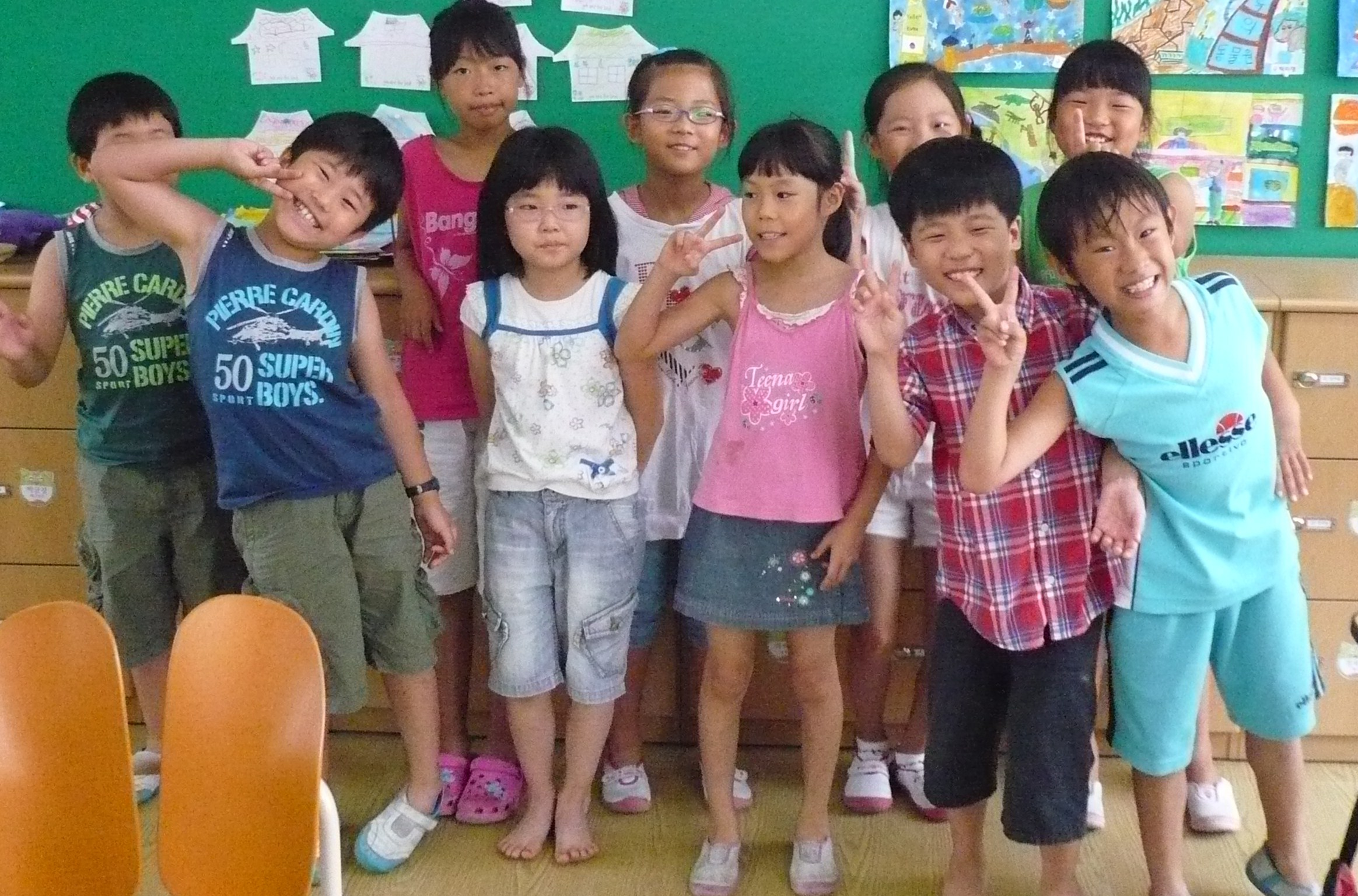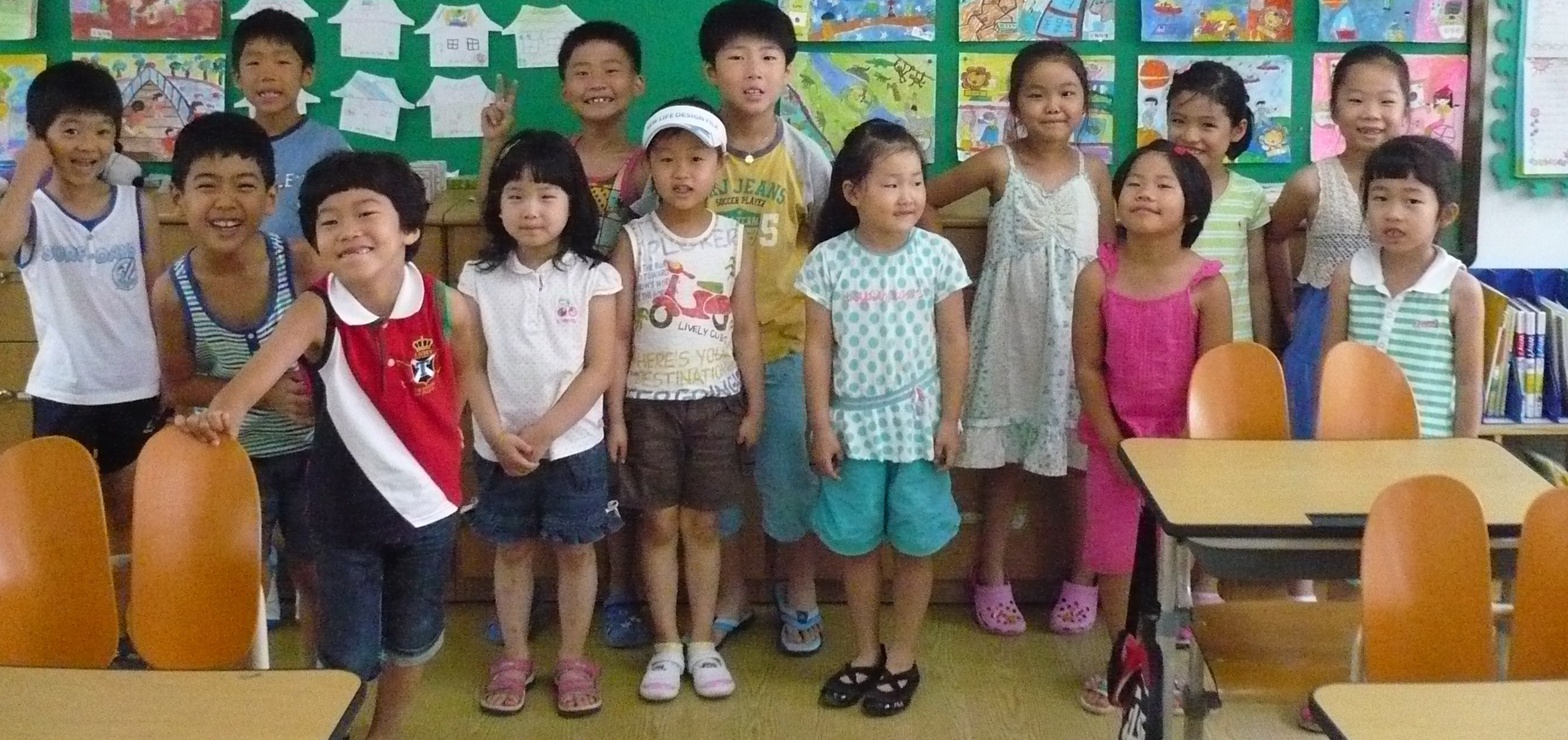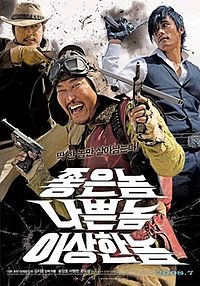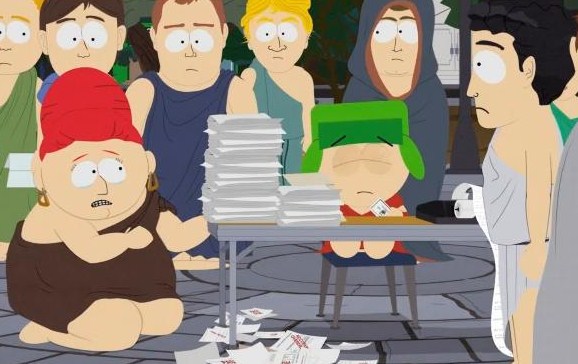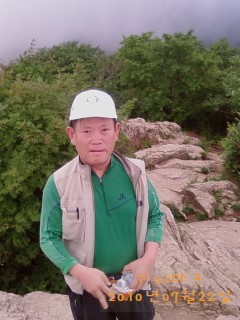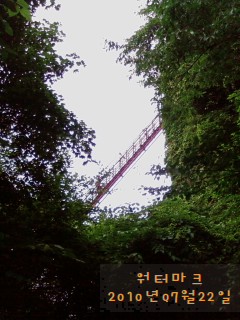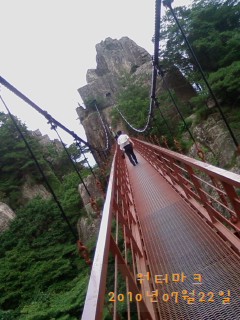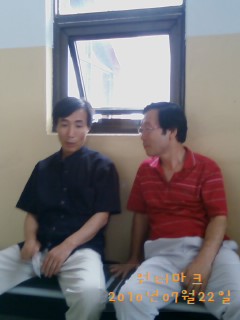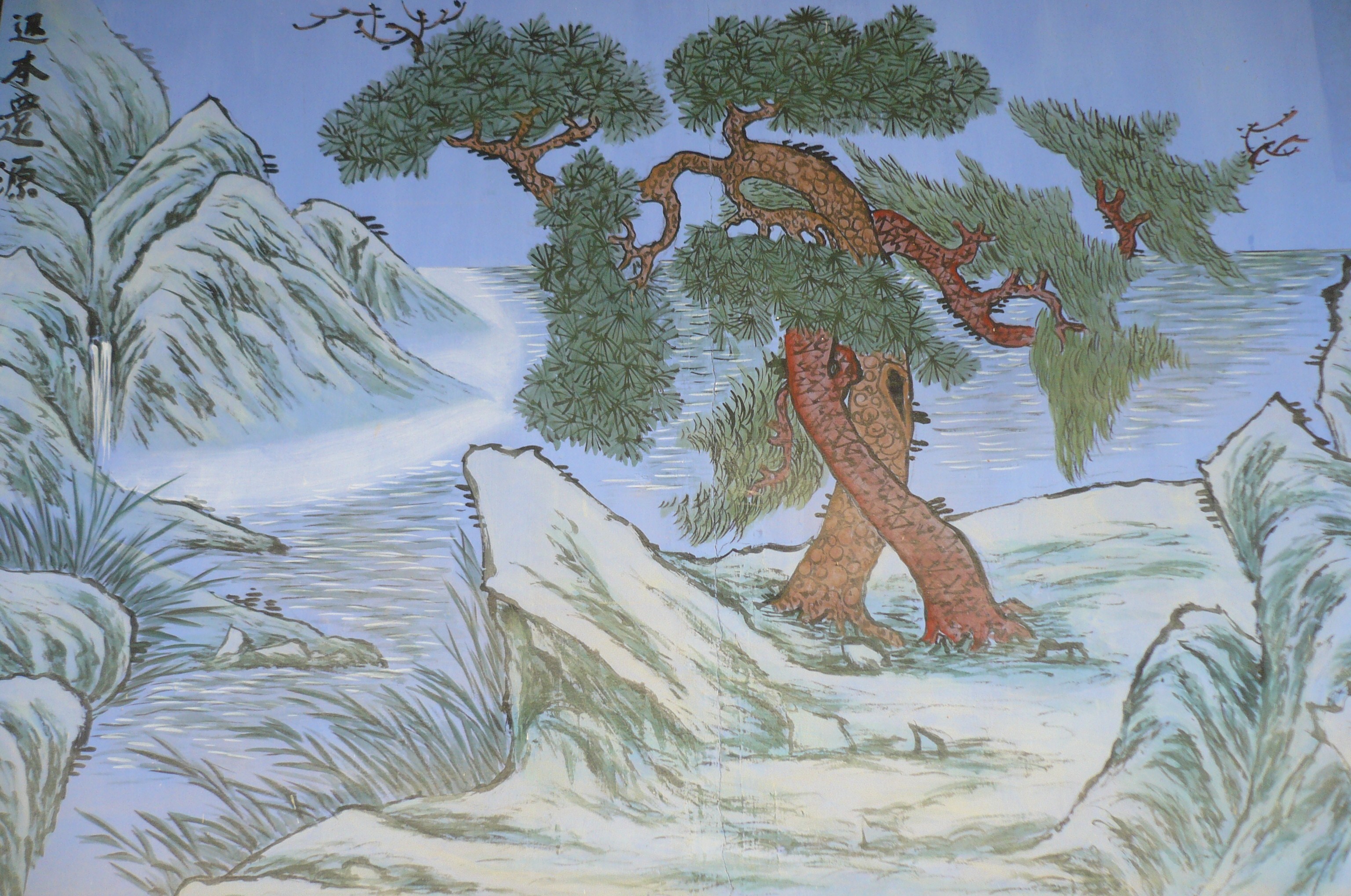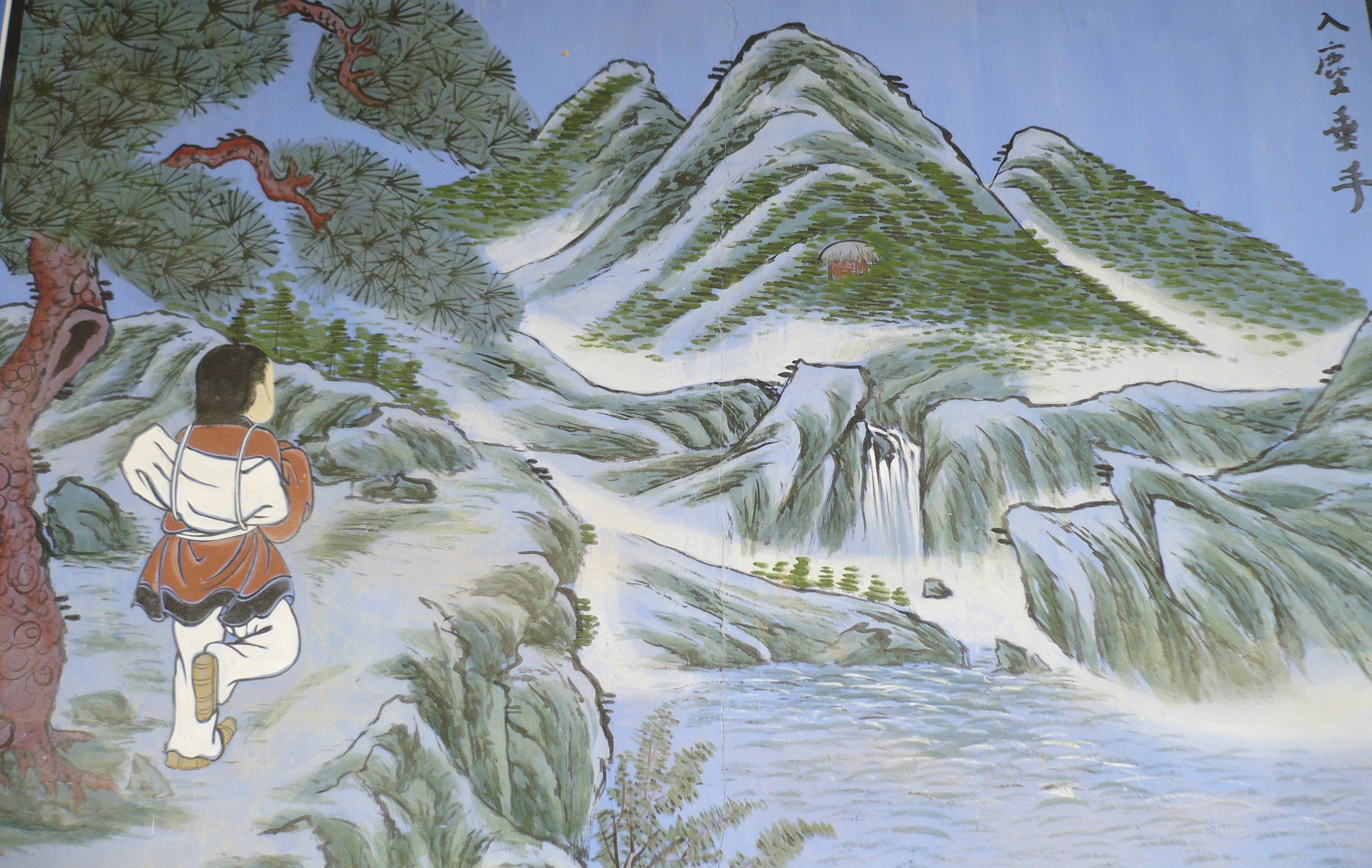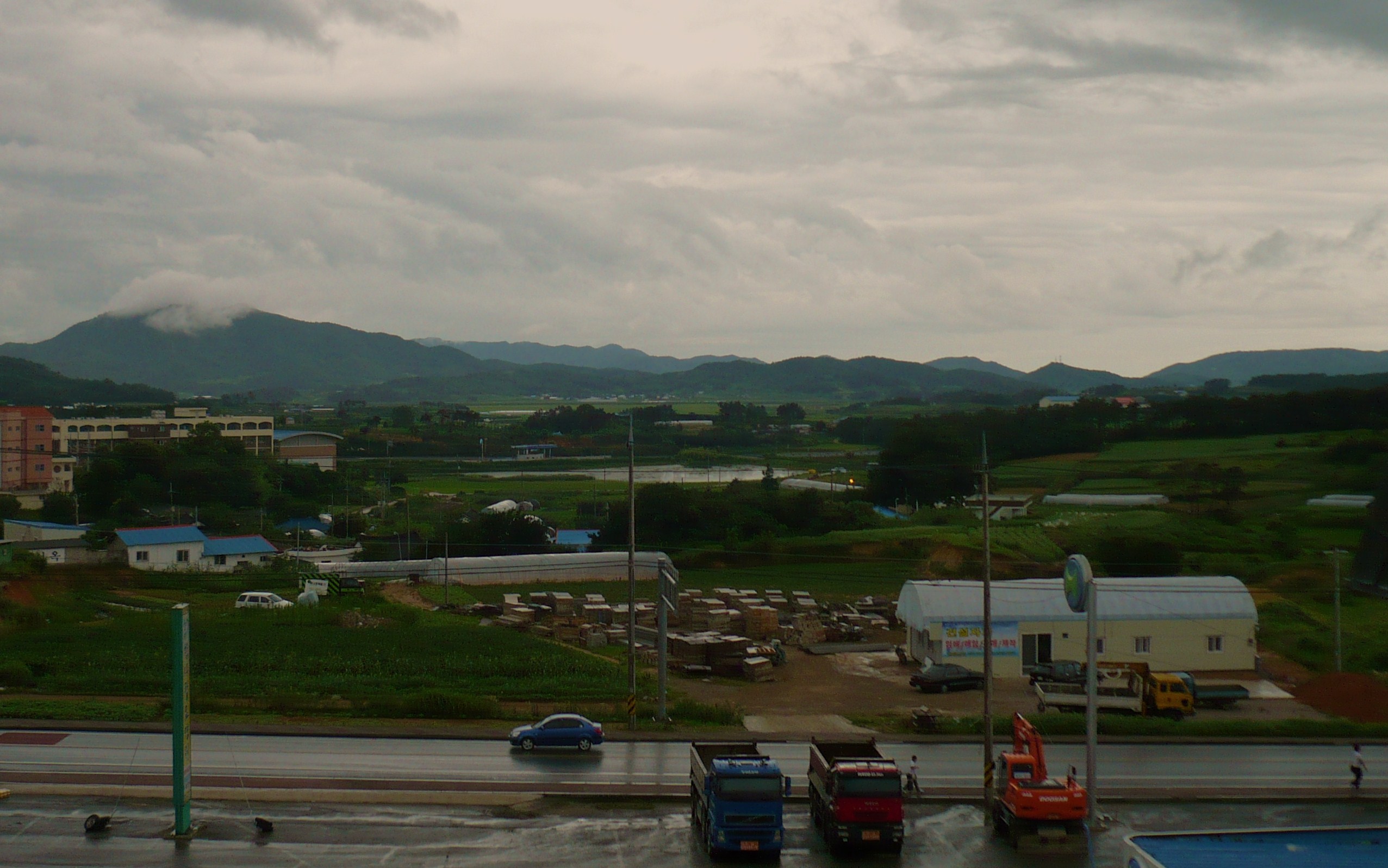I have just returned from the worst 24 hours I’ve ever spent in Korea. Well, maybe there were a few 24 hour periods back when I was a soldier in the US Army stationed at Camp Edwards, up in Paju, (DMZ/Munsan/Ilsan) that were worse. But I’m just sayin.
My biggest mistake was that I’ve recently been relaxing my formerly teetotaller approach to alcohol – since my trip to Japan, when I made the breakthrough realization (or recollection – call it “personal historical revisionism”) that one of the reasons I managed to learn Spanish effectively in the 1980’s was because I wasn’t adverse to falling under the influence. It lowers inhibitions, which is a big issue with language-learning.
But this school that I work for – well, they’re a tribe of “college-frat-party”-worthy binge alcoholics. And that’s not my thing. Never has been my thing – even when I was doing my own share of binge-drinking myself, back in college.
Maybe I’ll give a detailed breakdown, later.
Let’s just say, I was witness to manifold unkindnesses, and became depressed, despondent and angry. I was in tears when I got home to my tiny Yeonggwang apartment. I haven’t been there, in quite a while – in tears, I mean.
I hold it all in: the anger, the tears. Bottled up. And then it comes out, when I can finally get alone, even though the drunk moment has passed. Alcohol sucks. And I’ve always been a weepy, grumpy, judgmental drunk – I know this about myself.
Hell. I know I can never renew at this school – alcohol reveals depths and truths about people, and although there are many kind and wonderful people working at Hongnong Elementary, none of those kind and wonderful types are the ones running things – the manager-types showed their true selves pretty effectively, as far as I’m concerned. And not in their own favor, frankly.
I will survive this contract. I can avoid the management types, mostly. But they are cruel, unkind people, who furthermore insist on excusing their cruelty as “tradition” and “Korean culture.” Fine. I know, confidently, that there are other types of Korean culture: types that don’t require cajoling people to get drunk, that don’t require laughing at (not with) underlings, that don’t require groping female employees.
Mr Kim (remember him? – the PE teacher) was actually among those who were pretty kind to me. He seemed a bit disgusted with how out of control the alcohol games got, too. He explained to me, mostly in Korean (with a dictionary in hand), that we should make a Hongnong Alcohol Blacklist, and that the first three members included certain highly placed individuals in the school’s administrative staff. I laughed at that, and he was sullenly pleased that he’d managed to make a joke across the cultural and linguistic divide.
Okay. That’s enough.
Looking out the window of the bus, coming home, I saw a cloud with a silver lining. Literally. Korea is a beautiful country. And there were enough “off to the side” kindnesses shown to me in my sadness, today, that I know better than to give up on the humanity of Koreans. Generalization and stereotyping are almost always really bad ideas.
Here’s a mountain or two, that I saw.

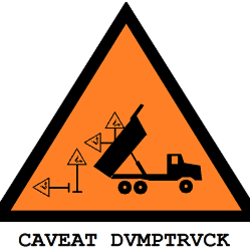
 I’ve been having a lot of vivid, weird dreams, lately, too. But I hesitate to write about those, sometimes. Nobody wants to read all the time about someone else’s dreams.
I’ve been having a lot of vivid, weird dreams, lately, too. But I hesitate to write about those, sometimes. Nobody wants to read all the time about someone else’s dreams.
